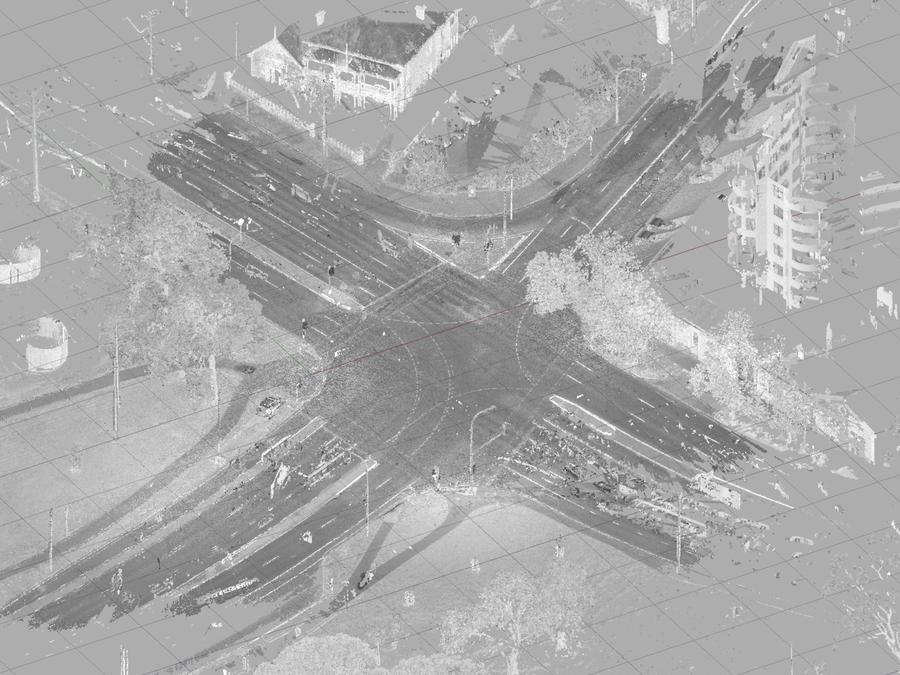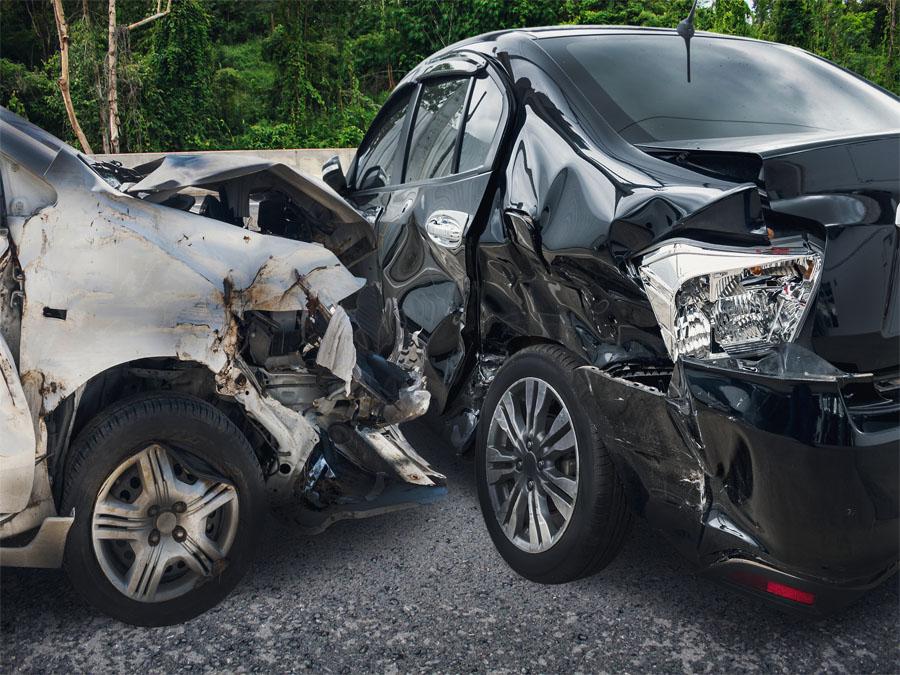Crash Investigation
For over 40 years, the Centre for Automotive Safety Research (CASR) has investigated crashes involving all forms of road users—passenger cars, pedestrians, cyclists, motorcyclists and heavy vehicles.
Our CASR crash investigation team members attend crash scenes on metropolitan and rural roads whenever an ambulance is called.
At-scene information gathering
At the scene we will:
- photograph the scene and all involved vehicles
- discuss the crash with attending police
- mark the vehicles’ final positions and any skid or gouge marks
- introduce ourselves and have brief discussions with crash participants and witnesses
- conduct an engineering survey of the crash site using a 3D scanner
- examine the vehicles and download from event data recorder if available
- record video footage of the approach to the crash site from a driver's perspective.
Post-crash follow-up
In the weeks and months following the crash, we:
- obtain a police report on the crash
- obtain injury information from hospitals
- obtain results of any alcohol or drug tests
- conduct detailed interviews with consenting crash participants and witnesses
- review the crash site’s design and crash history
- review the drivers’ crash and licensing history
- review the Coroner's file for fatal crashes
- produce computer-aided crash reconstructions
- perform a multidisciplinary crash review.

We use a 3D scanner to conduct engineering surveys of crash sites, in order to identify factors that contribute to road crashes.
Program goals
By thoroughly investigating large numbers of road crashes, we aim to:
- identify the factors that contribute most to road crashes
- understand the mechanisms of injury in road crashes
- identify specific road locations in need of treatment
- determine system-wide infrastructure issues requiring potential policy change
- identify what infrastructure, vehicle or human behaviour-based countermeasures may prevent crashes occurring, or reduce their severity
- inform CASR’s research into a variety of road safety topics through the creation of detailed crash profiles.
Our at-scene, in-depth approach yields a wide range of detailed information that can be gathered in no other way. It gives us a much clearer understanding of road crashes than is possible from the very limited information contained in routine police reports.
Some of the CASR research that has benefitted from our in-depth crash analysis includes studies on:
- travel speed and the risk of crash involvement
- system failures’ and extreme behaviour’s relative contributions in crashes
- road departures and roadside safety infrastructure approaches
- young drivers
- the estimated effect of semi-autonomous vehicle technologies (auto emergency braking, connected vehicles)
- medical conditions’ role in crashes
- scenario development for licensing hazard-perception tests
- electronic stability control’s impact.
We work closely with road authorities to discuss our findings and assist with the improvement of road system operation.
In-depth crash investigation course

CASR also conducts in-depth crash investigation training for other road safety professionals. Our training provides investigators with the practical and theoretical knowledge to confidently conduct their own in-depth programs.
For more information about our courses, please contact CASR Business Manager Leonie Witter.
